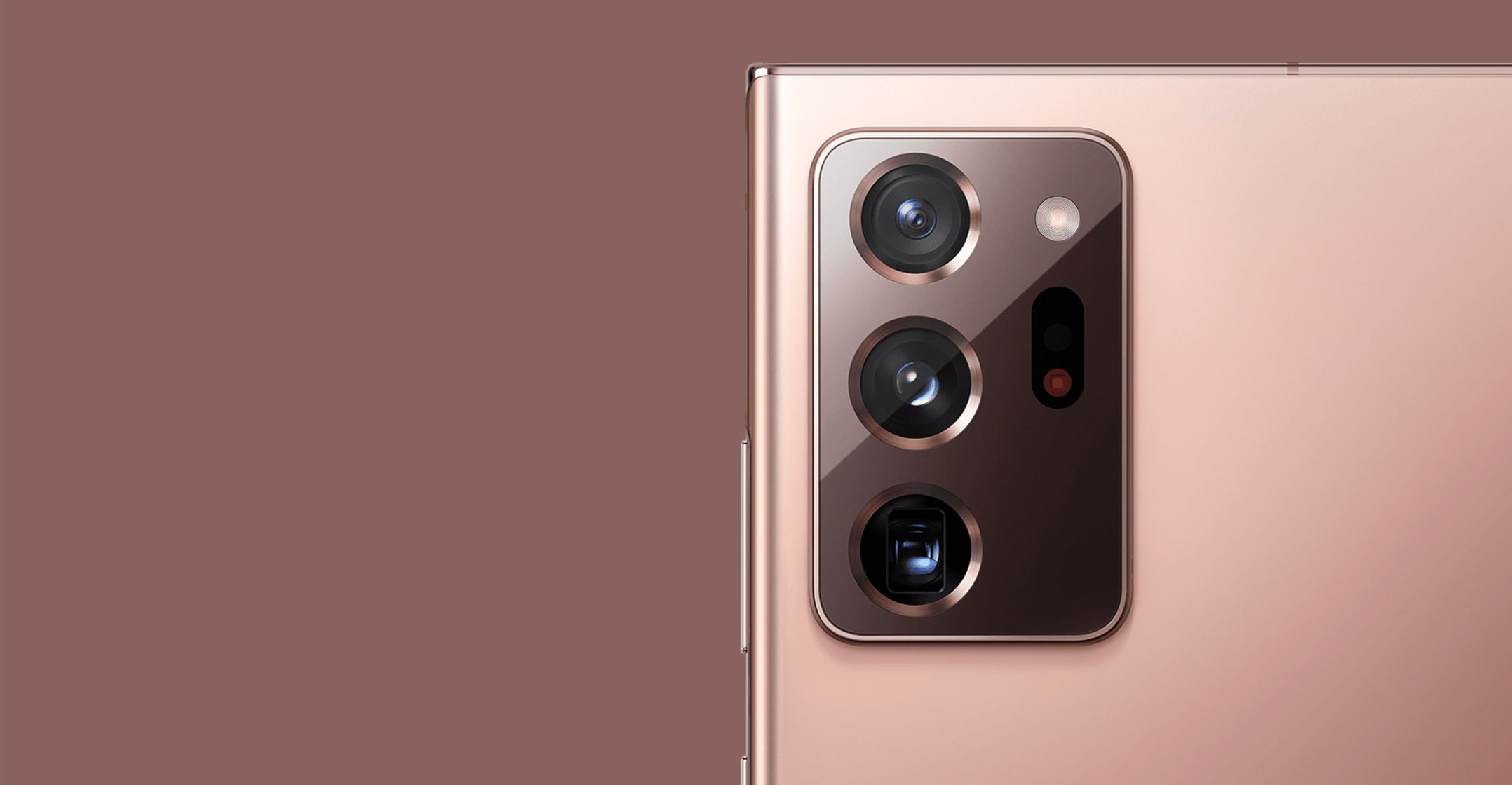 Samsung Electronics reported earnings that beat analyst estimates after the Korean technology giant’s mobile and chip businesses benefited from US restrictions on Huawei Technologies.
Samsung Electronics reported earnings that beat analyst estimates after the Korean technology giant’s mobile and chip businesses benefited from US restrictions on Huawei Technologies.
The world’s largest manufacturer of memory chips and personal electronics posted operating income of 12.3-trillion won (US$10.6-billion) in the three months ended September, beating the 10-trillion won average of estimates. Sales for the quarter were 66-trillion won, according to preliminary results released on Thursday. The company didn’t provide net income or break out divisional performance, which it will report later this month when it releases final results.
Shares were up as much as 1.3% in Seoul on Thursday.
Huawei overtook Samsung to become the world’s largest smartphone maker in the second quarter, but the Korean giant is projected to regain the crown after its Chinese rival lost access to the most advanced components that go into its Android devices. Samsung is expanding its market share in India, where consumers are growing hostile to Chinese products because of geopolitical issues. Its memory business also benefited after Huawei stocked up on semiconductors ahead of American sanctions kicking in last month.
“Huawei has stocked about six months’ worth of extra inventory before the US ban took effect on 15 September,” said MS Hwang, an analyst at Samsung Securities. “Huawei’s purchases are offsetting weakness in server-use demand and are devouring market inventory, which should affect prices down the road.”
iPhone delay
With Apple’s 5G iPhone launch delayed to October and Huawei diminished, Samsung has had an unusually easy quarter in terms of mobile competition. Even so, the company significantly improved profitability thanks to decreased marketing expenses during the pandemic.
“We see its margins moving higher in 2021 as Huawei continues to struggle,” said Lee Su-bin of Daishin Securities, adding that Samsung will benefit from the rapid roll-out of 5G and its new focus on foldable phones. He forecasts Samsung will report about 80.6 million smartphone shipments for the third quarter, a 49% increase from the second quarter.
Demand for mobile memory chips may slightly increase in the fourth quarter as Apple’s iPhones arrive and Chinese rivals such as Oppo and Vivo ramp up orders to try and secure some of Huawei’s market share, according to Song Myung-sup, analyst at HI Investment & Securities. — Reported by Sohee Kim, (c) 2020 Blookmberg LP




